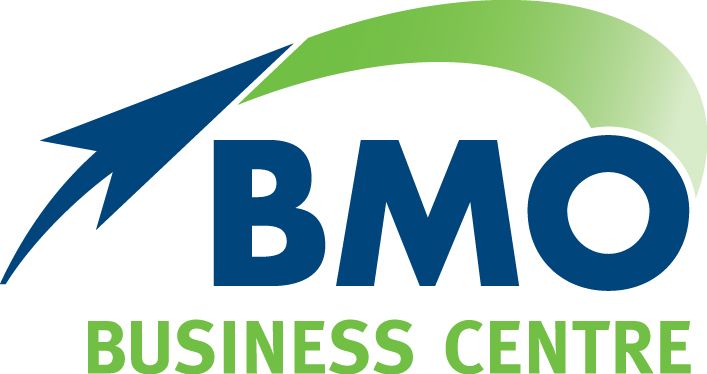Setting yourself up for success in the new financial year
The start of a new financial year is the perfect time to get your financial affairs in order. Whether it’s tidying up your paperwork, assessing your portfolio or dealing with outstanding issues, there are plenty of practical actions you can take.
Here are some strategies for starting the new financial year on the right foot.
Tidy up your paperwork
Dealing with the paperwork is the task most of us love to hate. But taking a day to trawl through the ‘To Do’ pile and the growing mountain of filing could be a good investment in yourself. What’s more, you might identify some savings.
Set your budget
A lot can happen in a year, so it makes sense to review your budget to ensure it still works towards your goals in the new year. This will help you track your changing expenses and ensure you’re not overspending. And if you haven’t got a working budget, now’s a great time to start. There are plenty of budgeting apps and tools available online that can help you get started.
Assess your portfolio
Another important step to take as you start the new financial year is to assess your investment portfolio.
Some important questions include:
- Why did you start investing and have your circumstances changed? For example, you may have started investing to receive a better return than your term deposits but now that term deposits rates have increased and share markets are challenged, should you revisit that goal?
- What is the investment performance? Is it in line with your expectation and the benchmark?
- Should you consider diversifying into different asset classes?
- Is dividend reinvestment the best option for you or should you take the dividend income into cash?
- Is your risk appetite still the same, or should you be aggressive or more conservative?
Check your insurance
Now is a good time to examine your insurances closely and to consider whether they match your needs and risks. It is also a good reminder to take note of policy renewal dates so that you can shop around to make sure you get the best price.
Understand Federal Budget changes
Keeping up to date with the commentary about Federal Budget initiatives may be useful.
The measures aimed at easing the cost of living will provide a boost to some. They include energy bill relief for concession card holders and energy saving incentives. Meanwhile those with chronic health conditions will benefit from a number of changes announced in the budget.
The Budget also included support for families with cheaper childcare and a more flexible Paid Parental Leave scheme, and incentives for some types of new home building projects.
Review your superannuation
A review – at least annually – of your super account is vital to make sure that:
- Your investments and risk strategy are still right for you
- The fees are reasonable
- Any insurance policies held in your super account are appropriate
- Your employer contributions are being made
- Your death benefit nomination is relevant
- You don’t have multiple accounts incurring unnecessary fees
You might also consider a salary sacrifice strategy, where you ask your employer to make extra super contributions from your pre-tax salary. These additional contributions are taxed at 15 per cent within the super fund, plus an additional 15% if Division 293 tax applies to you (income over $250,000).
Meanwhile, it is not too late to top up your super balance for this financial year using either concessional contributions (from your pre-tax income) or non-concessional contributions (after-tax income). Don’t forget the caps on payments, which are $27,500 for concessional contributions and $110,000 for non-concessional.
It is a good idea to get some expert advice regarding your super contributions, we can assist with the best ways to manage your contributions.
So, set yourself up for a fresh start to the year with some simple strategies to help you achieve your financial goals.
The information in this article does not take into account your objectives, needs and circumstances. We recommend that you obtain investment and taxation advice specific to your investment objectives, financial situation and particular needs before making any investment decision or acting on any of the information contained in this document. Subject to law, Capstone Financial Planning nor their directors, employees or authorised representatives gives any representation or warranty as to the reliability, accuracy or completeness of the information; or accepts any responsibility for any person acting, or refraining from acting, on the basis of the information contained in this document. Principal Wealth Management Pty Ltd trading as BMO Financial Solutions ABN 53 109 336 601 is a Corporate Authorised Representative (CAR 277821) of Capstone Financial Planning Pty Ltd ABN 24 093 733 969 Australian Financial Services Licence (AFSL) No. 223135.
The post Setting yourself up for success in the new financial year appeared first on BMO Accountants.


